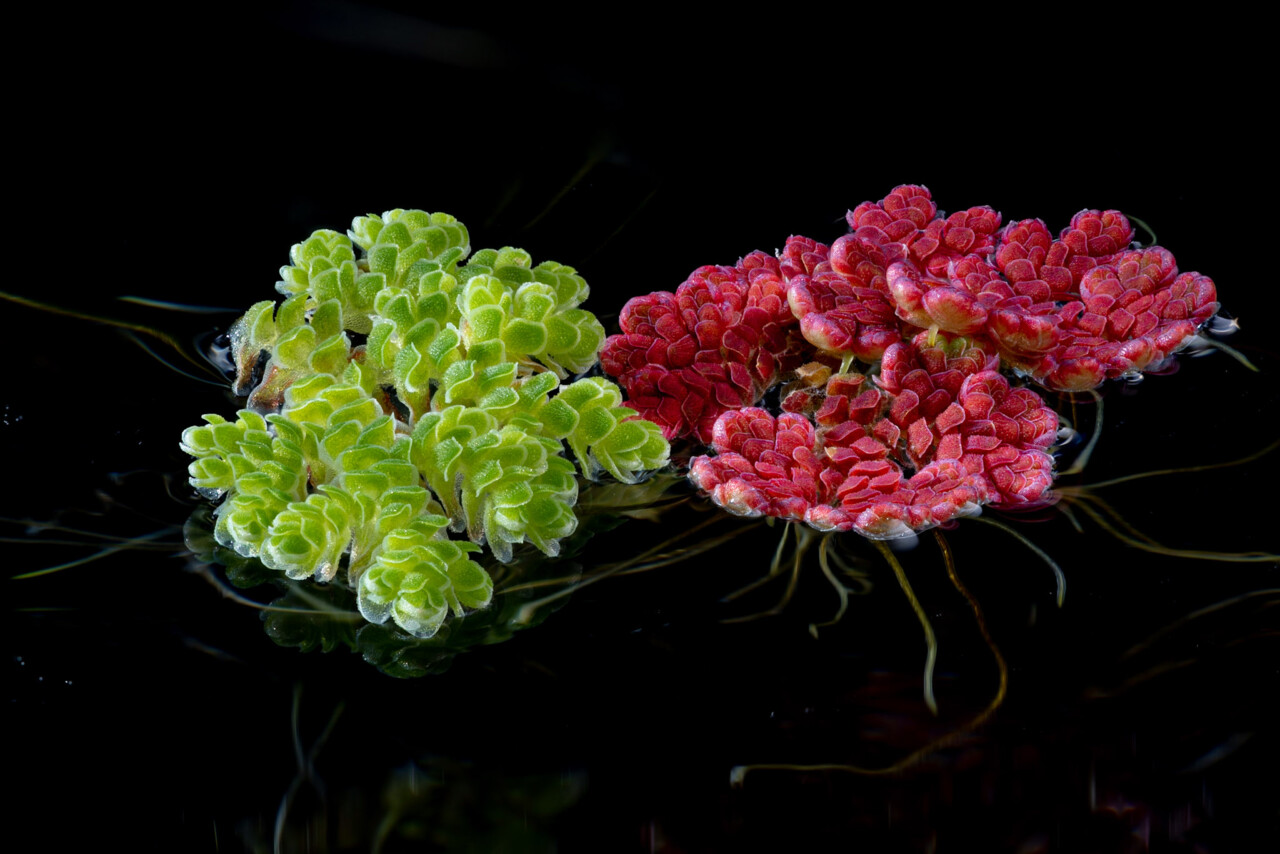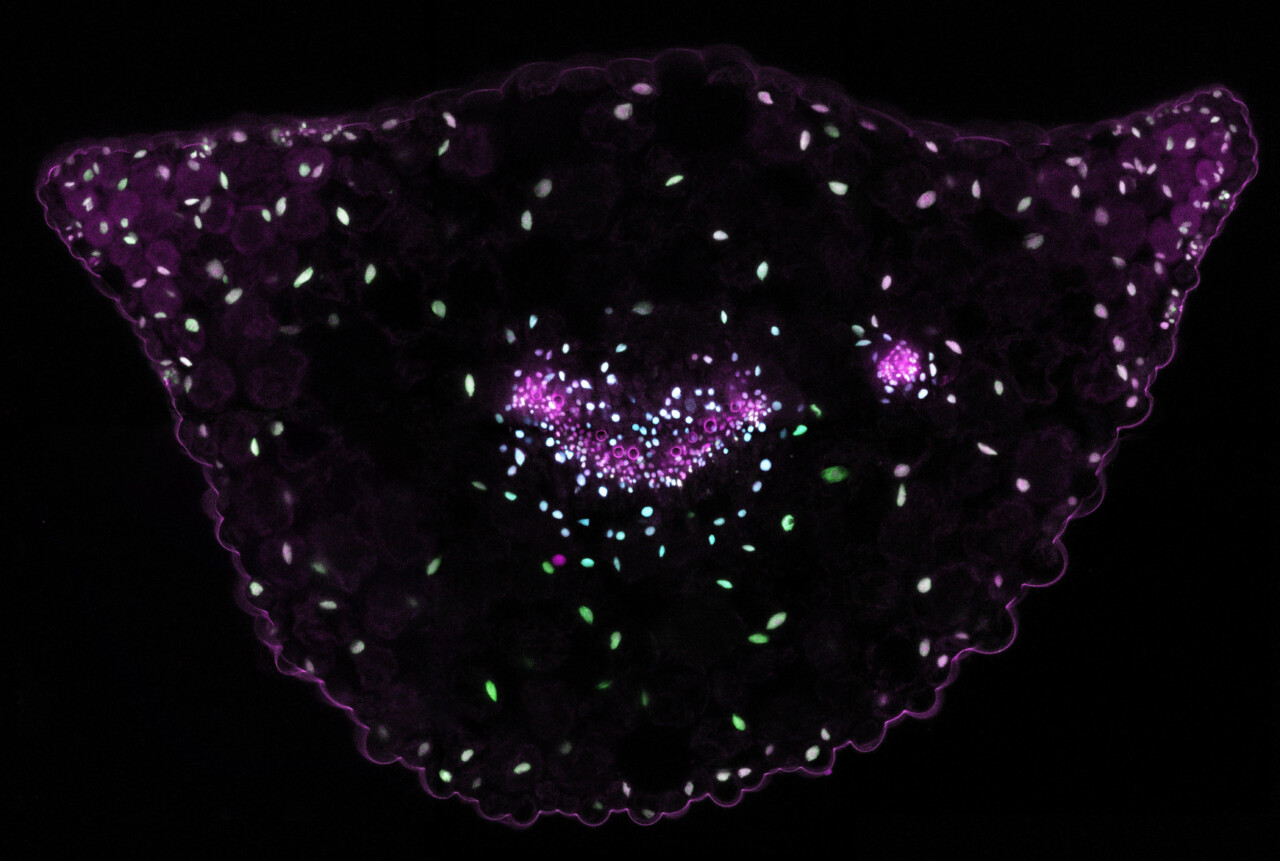Quint Rusman, currently postdoc at the University of Zurich/Switzerland, and Michael Schon, postdoc at Molecular Biology, Wageningen University, received the NWO Veni-grant. This grant (maximum budget 280.000€) supports researchers that recently graduate as a PhD student to further develop their own research ideas for a period of three years.
Further information about their proposal [NWO]
Hidden players in flower evolution: herbivores alter natural selection by disrupting plant interactions with flower visitors
Dr. QS Rusman (M), Laboratory of Entomology, Wageningen University & Research
Flower-visiting insects are believed to be the driving force behind the extraordinary diversity in flowers. Recently it has become clear that leaf-eating herbivores also contribute to this. This research tells us whether leaf-eating herbivores influence flower evolution directly or indirectly by influencing plant interactions with flower visitors such as pollinators and flower eaters. Investigating the link between leaf-eating herbivores and flower visitors is not only interesting for science, but also for agriculture to understand how the yield of fruit- and seed-producing crops can be increased in a sustainable way.
Lost in Translation: Tracking Noncoding RNAs through Plant Evolution
Dr. MA Schon (M), Wageningen Plant Research, Wageningen University & Research
Plants and animals are made up of proteins, the instructions of which are encoded in genes. But not all genes code for proteins. Many “non-coding” genes make RNA molecules that determine where other genes are used to coordinate development. These unusual genes evolve differently from protein-coding genes, making them more difficult to identify. This research proposes a new method to reliably find non-coding genes in novel genomes based on their location in related species. The method will be applied to vegetables such as broccoli and cabbage to discover how non-coding genes have shaped the world’s food.



